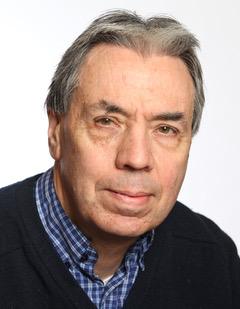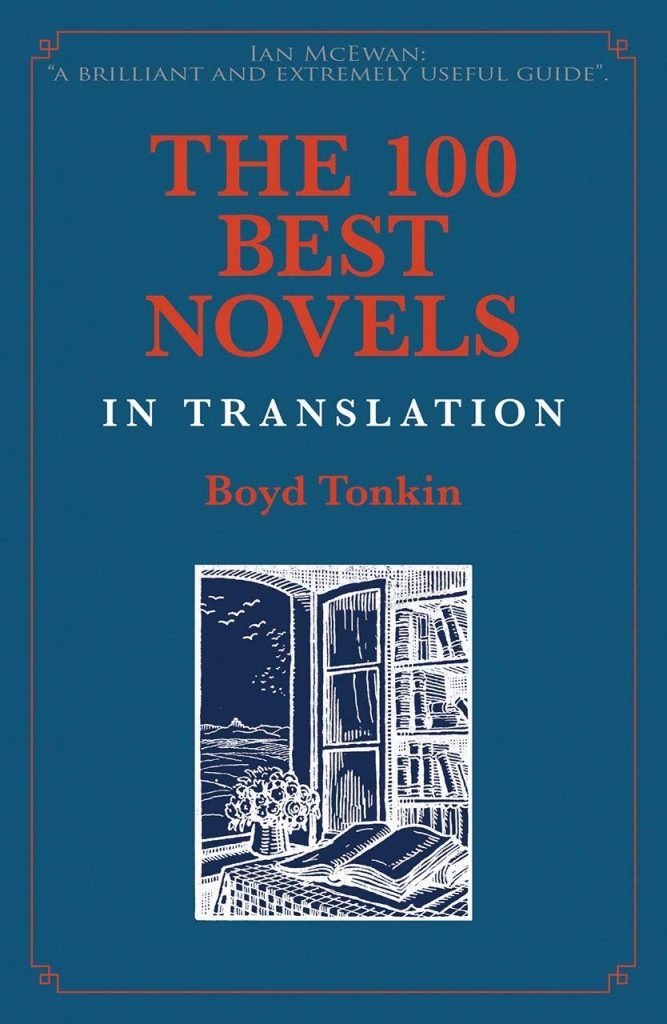Interview with Boyd Tonkin
Posted by Darf Publishers, September 20th 2022
We were lucky enough to sit down and chat with legendary critic, journalist and writer Boyd Tonkin.
In 2018, Boyd’s book 100 Best Novels in Translation was published. It has been a great inspiration for the team at Darf, especially when looking for new classic titles to translate.
Q: Why do you think there is a growing interest in translated fiction?
A: I suspect the potential interest has always been there. For a long time many publishers simply ignored it, or thought it uncommercial, or too difficult a market to sustain. That said, growing numbers of readers in the Anglophone world now have a consciously ‘global’ perspective that can only benefit literary translators. Many more people now grasp, emotionally not just intellectually, that they live in a profoundly interconnected world, and it must be worthwhile to know your neighbours better.
Q: Some readers say that translated books lose their magic at the sentence level. What would you say to them?
A: It depends on the quality of the translation. The best certainly have as much energy, resonance and complexity – magic if you like – at sentence level as the originals. Umberto Eco reputedly said that ‘The Name of the Rose’ by William Weaver was a better-written book than ‘Il Nome della Rosa’ by U Eco… Or to take a writer whose own idiom might be thought to harbour an untranslatable magic, the versions of WG Sebald produced by Michael Hulse and Anthea Bell in collaboration with the author have a line-by-line enchantment that’s hard to deny or resist.
Q: Since turning to criticism and writing books, has your attitude to reading changed?
A: No; I was always a critical (or just curious) reader. Although it’s sometimes fun to read without trying to deliver a judgment, any reader will want to make sense of a book or text, and put it in some sort of context. Everyone has a fundamental drive to understand and interpret their experience; it’s not some rare professional fetish.
Q: If you could go back in time and talk to a dead writer, who would it be?
A: Tolstoy, to see how someone who’s so wise and saintly in their writing could be so apparently foul (and often pretty stupid) in everyday life.
Q: How many languages can you speak, read or write?
A: French, rather less German and Spanish (better reading than speaking for both), rudimentary Italian. Plus fragmentary Ancient Greek that I’d like to revive.
Q: What’s been your most memorable visit to another country?
A: Luckily there have been many but the most memorable has to be the first, after I left school, when I and a friend drove around France and Italy for two months in a battered old Austin 1100 (look it up!). I never had holidays abroad as a kid so this was an absolute feast, though we just camped and ate bread, pâté and cheese.
Q: If you could learn a language that you don’t already know, what would it be and why?
A: Apart from Greek (see above), I’d like to convert my primitive Italian into something more respectable.
Q: Do you think you have a novel inside you?
A: If so, it should probably stay there. I love fiction but oddly I’ve never thought that writing it represented the only, or always highest, pinnacle of literary achievement.
Q: In another interview you said your motto was: γνῶθι σεαυτόν (know thyself). What are you good at and not so good at when it comes to your work?
A: Good at: fast work and short(ish) deadlines. Not so good at: longer projects with fuzzy deadlines. I can manage the latter, if they’re broken down into smaller chunks. I’m fairly good (I hope) at telling other people’s stories, maybe not so good with my own: two close colleagues have recently published (excellent) family memoirs; I’m not sure I could ever do that or, if I did, it would need some more indirect format.
Q: What would your advice be to someone pursuing a career in criticism and writing?
A: Only ‘pursue a career’ in criticism and writing as a full-time occupation if you’re likely to be materially comfortable whatever happens to your plans. If not, do another job well that doesn’t repulse you but that will not eat up all your time, feelings and perceptions. There’s much to be said for keeping at a distance from the literary (and for that matter academic) scene if you want your writing to develop a voice and identity of its own. Not that I’ve practised what I preach…
Q: Favourite film?
A: The collected works of Max Ophüls and, if I had to choose one, ‘Madame de…’
Q: Desert Island book?
A: A hefty poetry anthology: maybe ‘The Rattle Bag’ and ‘The School Bag’ (selected by Seamus Heaney and Ted Hughes) could count as a single choice.
Q: Any hobbies which are unrelated to writing and reading?
A: Swimming, walking, music, cooking
Q: Any story behind the name Tonkin? Or Boyd ?
A: It’s a Cornish name, though you also find Boyd in Scotland and Ireland (and people of Scottish and Irish descent). A few years ago there was an Irish test cricketer (who later played for England) called Boyd Rankin, which was a bit too close for comfort.


